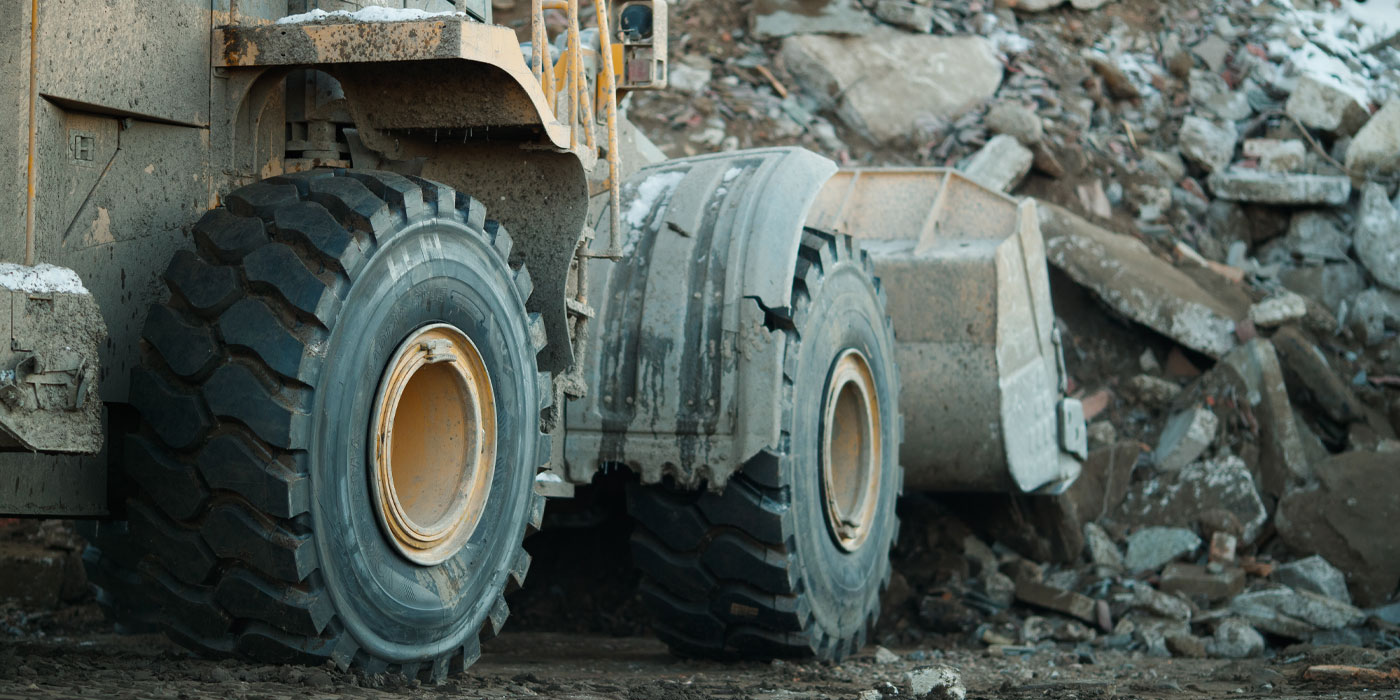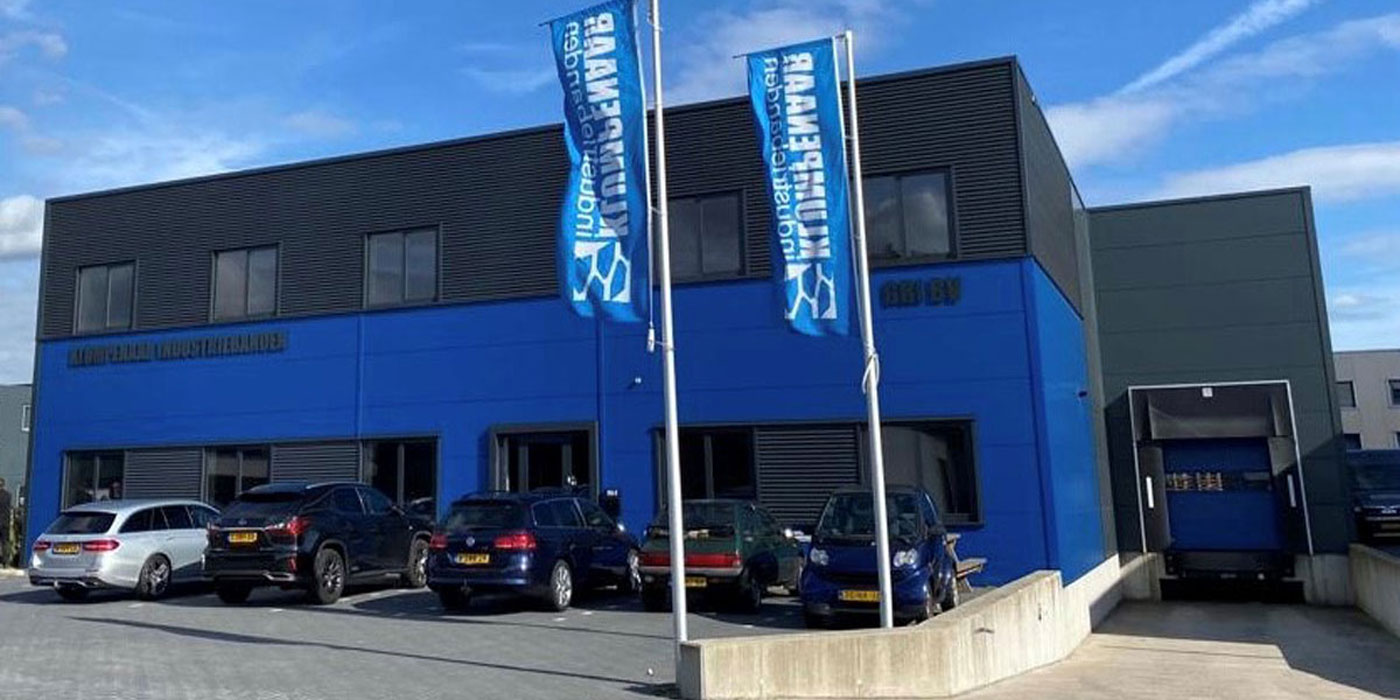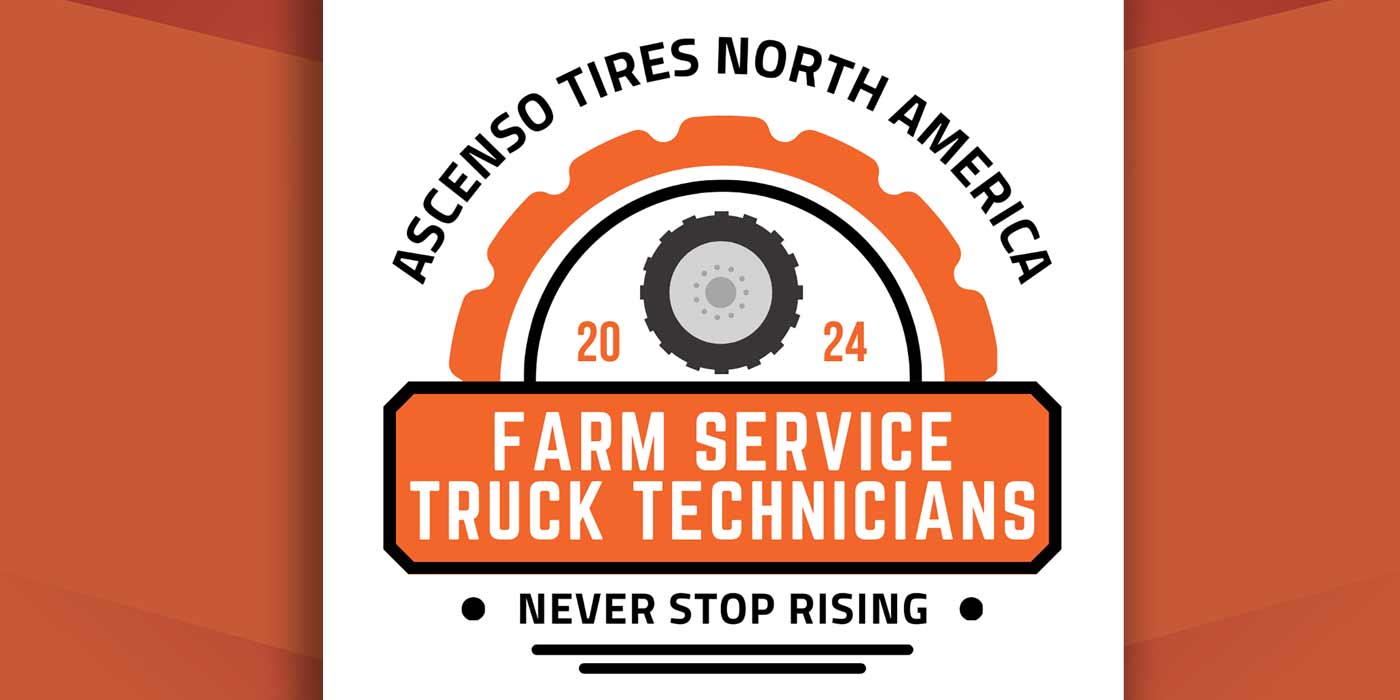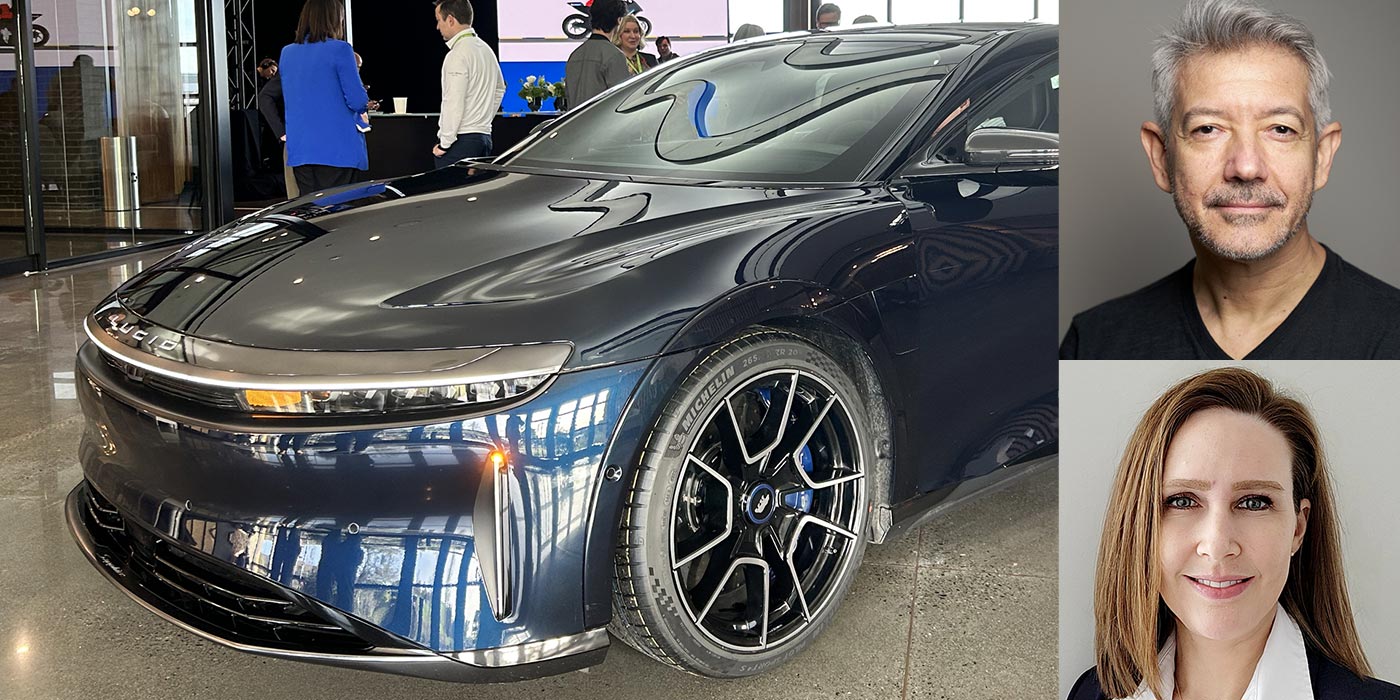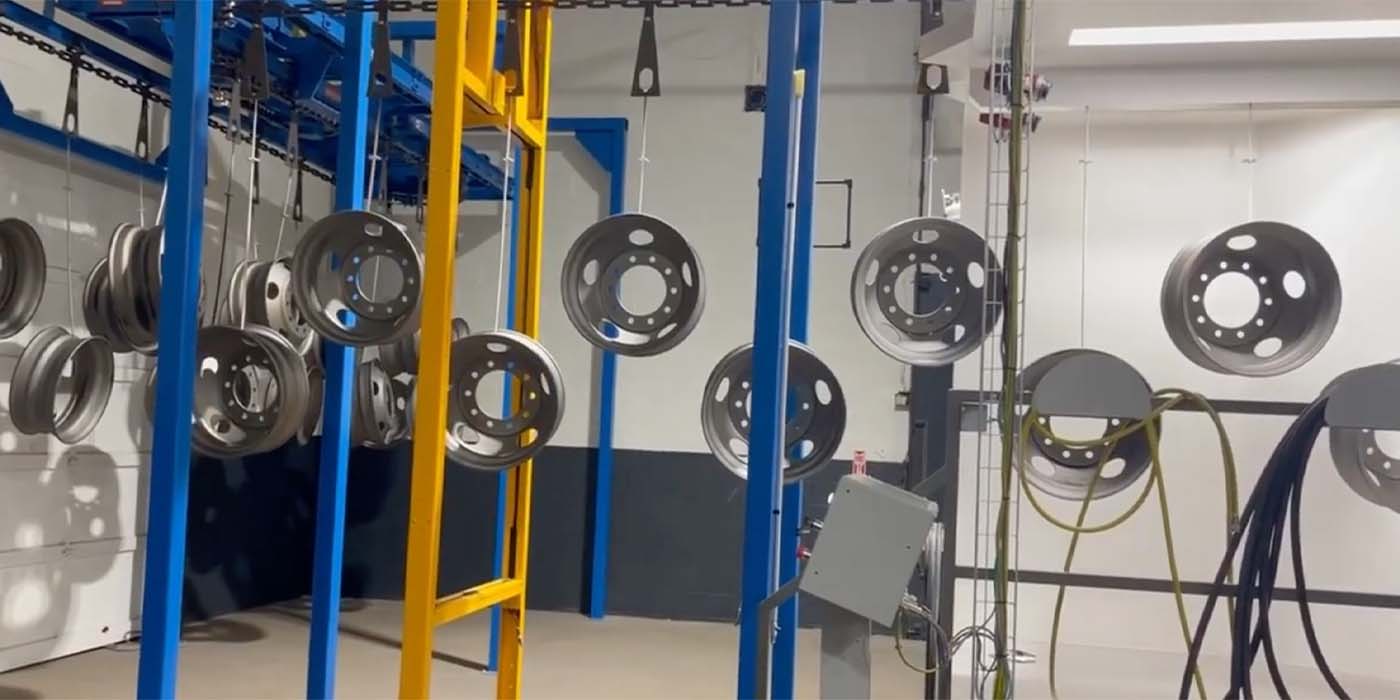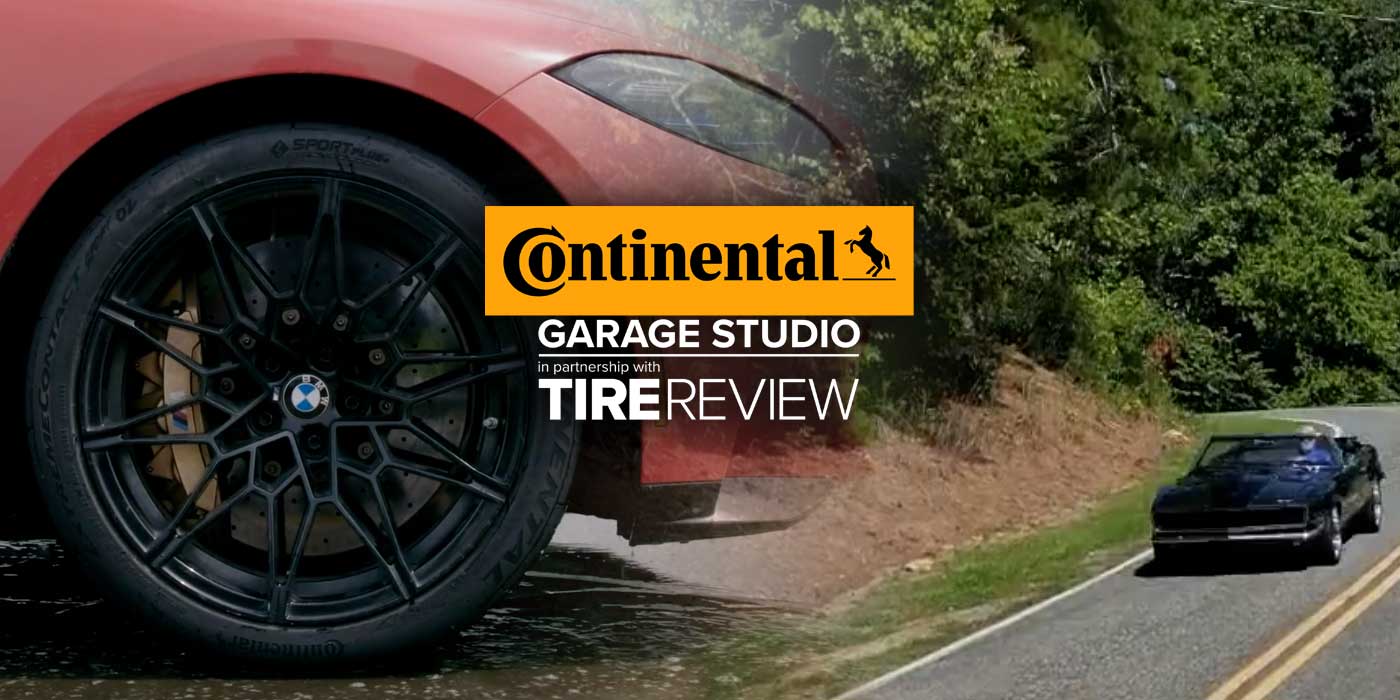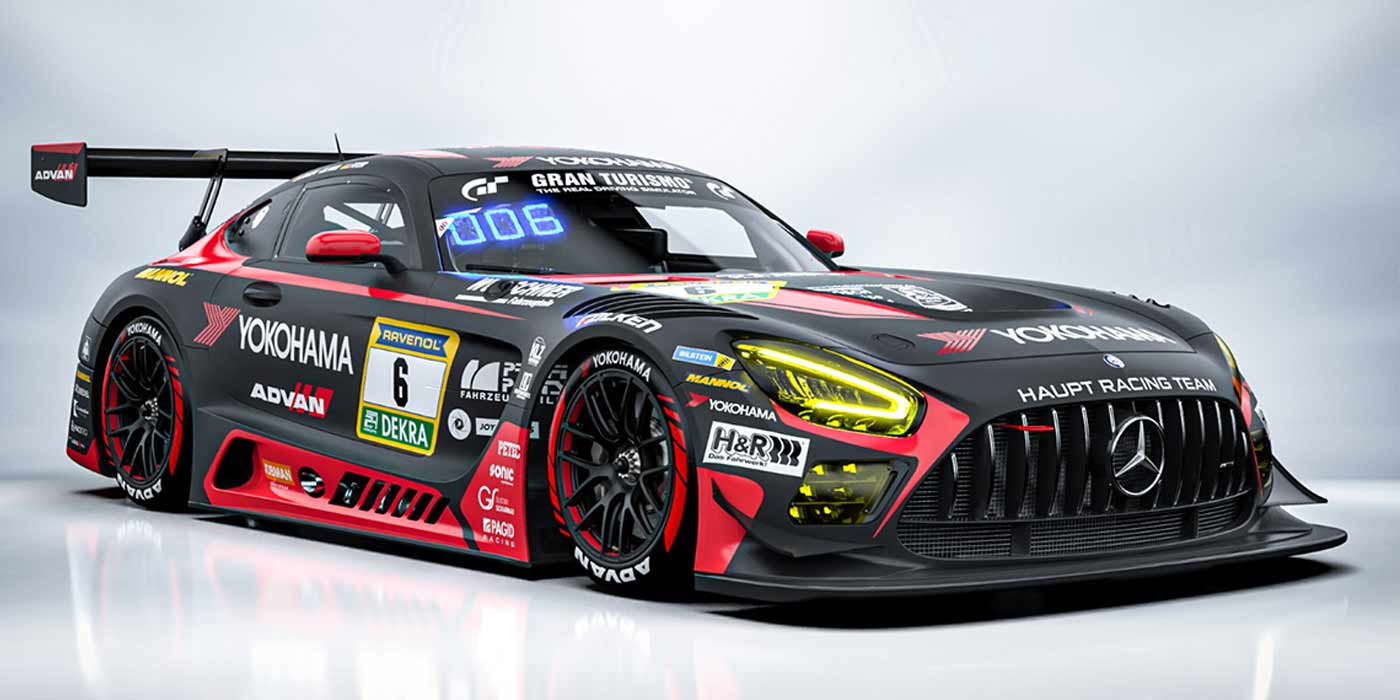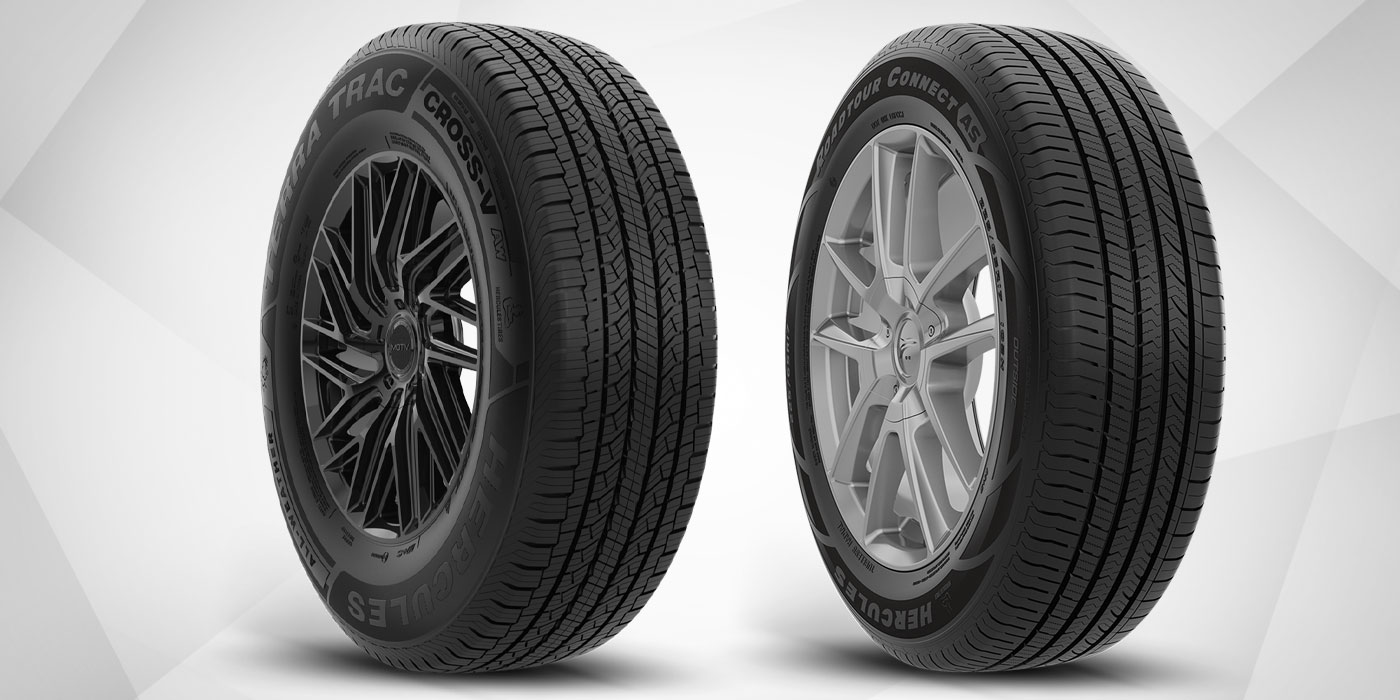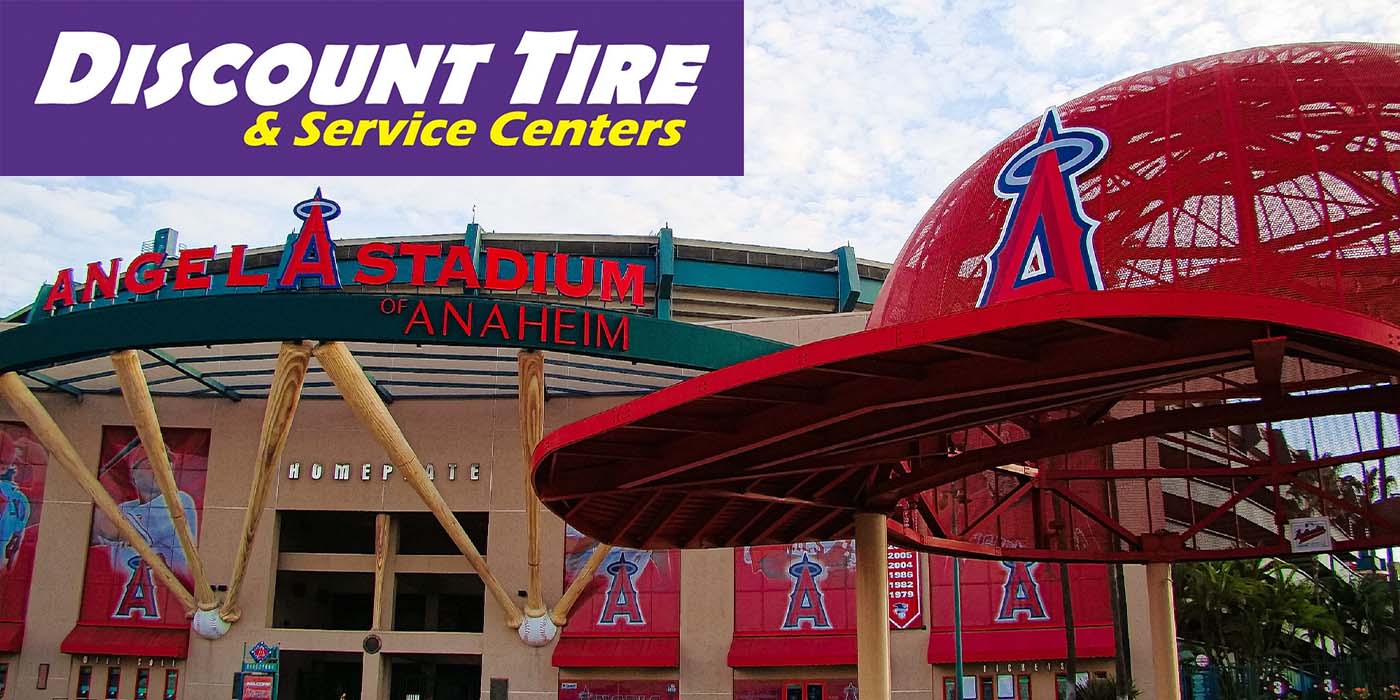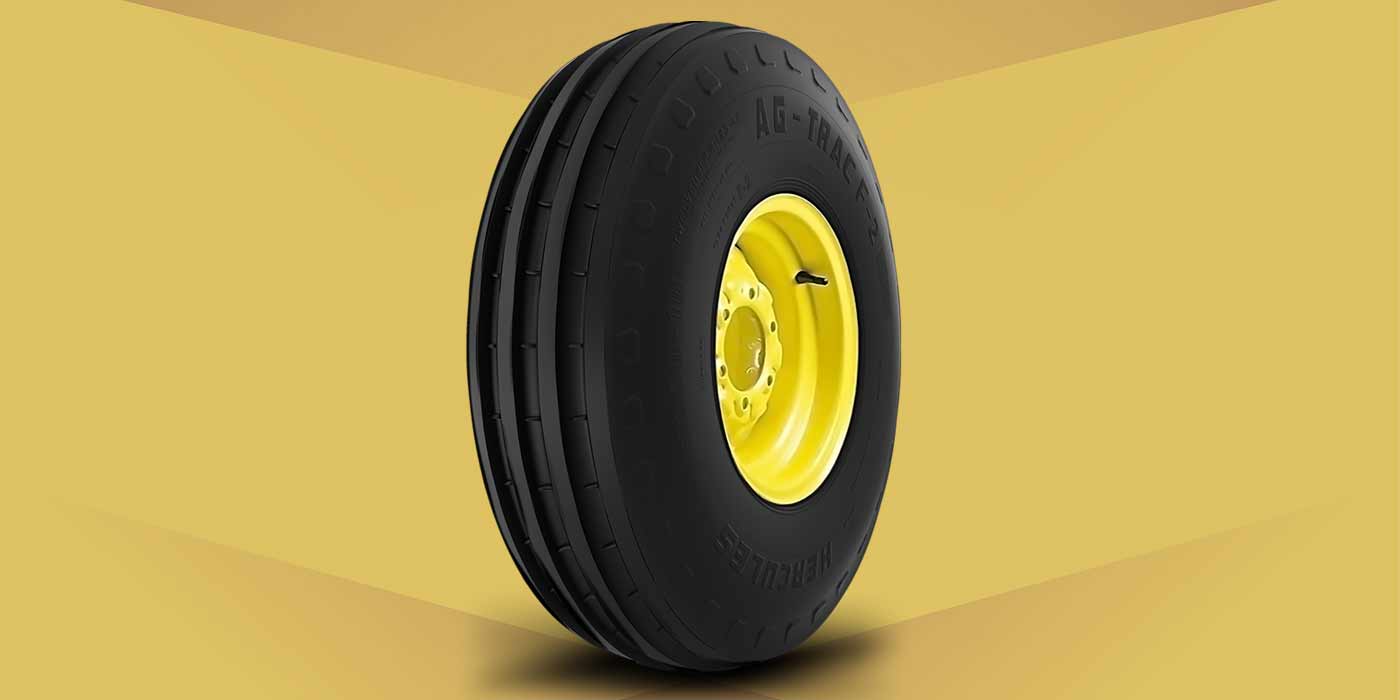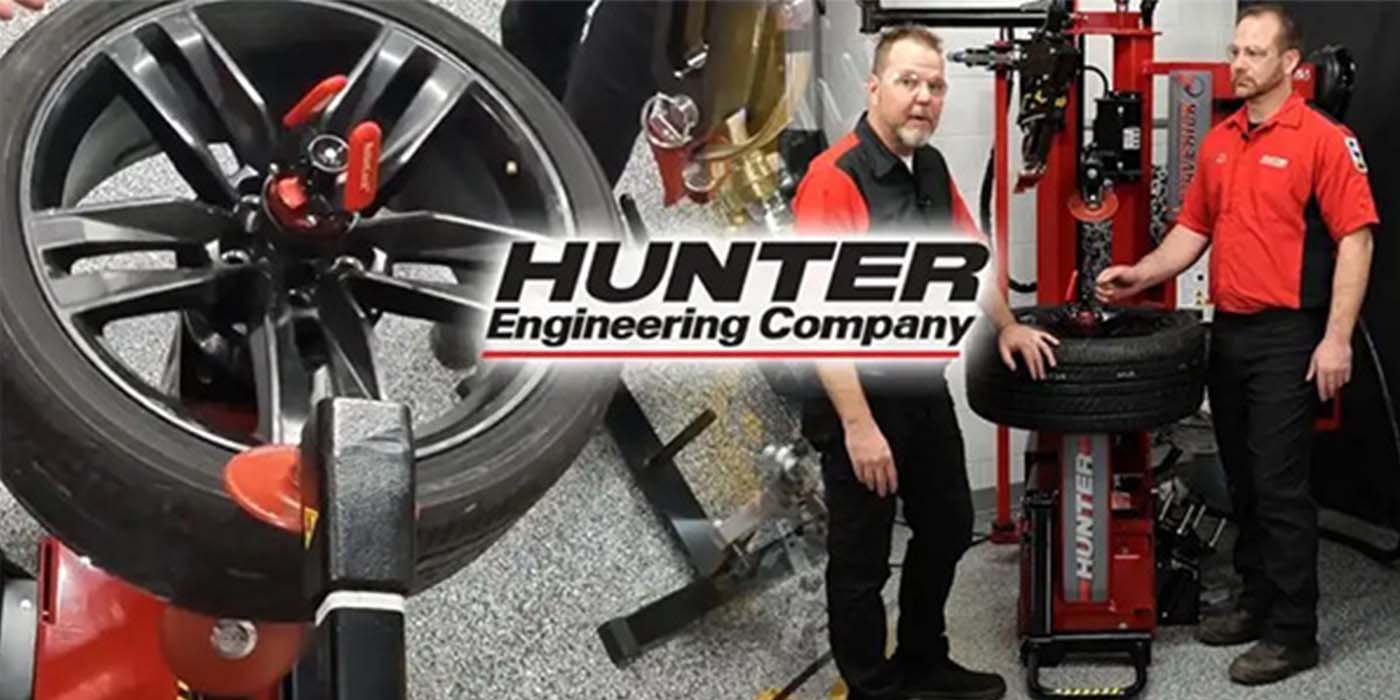The same year, Ford stopped using Firestone tyres on all its Explorers and recalled 13 million tyres.
Indian tyres companies have not yet gone through a nightmare of this nature, but customer liabilities arising out of warranties remains the biggest fear in domestic tyre companies’ export dreams.
According to U.S. embassy spokesperson David Kennedy said: ‘‘Safety norms to be followed would be standard for an American and foreign company,’’ while Olivier Boulay, general manager, DaimlerChrsyler Japan Holding Ltd., says, in an e-mail response, ‘‘The insurance claims (in this sector) tend to vary a lot from one country to the other, while claims tend to be rather extreme in the U.S.’’
India exports only 20% of its tyre production and some of the country’s largest producers are still struggling to ramp up exports for various reasons, including liabilities arising of defective products. The Indian tyre industry of about 40 tyre manufacturers with an aggregate installed capacity of 70 million tyres is more or less dominated by four big companies: Apollo, JK, MRF and Ceat.
Ceat exports 14% of its production, JK exports 20%, and Apollo Tyres 8%. The only exception is MRF tyres, which exports 35% of its production to over 65 countries.
In highly regulated markets like the U.S. and the U.K., for instance, maintaining safety standards, a high brand profile and competitive pricing are some of the biggest challenges. Says Rajeev Kakkar, general manager of exports for JK Industries, “Products need to be covered by product liability insurance globally as accidents can take place and in the developed markets law suits can sometimes be worth millions of dollars.” As companies learn the ropes in tyre exports, they realise that venturing abroad is fraught with more risks.
Exports to Europe requires compliance with the Economic Commission for Europe (ECE) motor vehicle standards and certification and for the U.S., a tyre company has to comply with the stringent standards of the Department of Transportation (DOT). Apart from this each country has its own regulations.
Certification in the U.S., would require for instance, that each passenger car tyre have permanently moulded into both sidewalls information regarding: size; maximum permissible inflation pressure; maximum loading rating; cord material; number of plies in the sidewall and tread area; ‘tubeless or ‘tube-type; radial, bias, bias-belted as applicable; DOT certification symbol and manufacturer brand name.
In the ECE certification procedure, automobile and truck tyres are regulated by ECE standards for physical dimensions, sidewall branding, durability and high-speed endurance requirements. There is also an additional characteristic that vehicles have to follow as of 2004, tyres that are fitted as original equipment on new vehicles intended for sale in Europe must pass noise-emission testing. By 2009, this will apply to all tyres sold in Europe.
Branding is another key issue that dogs Indian tyre companies. Big tyre brands in India are relatively unknown in foreign markets. Although, Kakkar says JK tyres exports under its own brand name, foreign tie-ups are becoming critical for market access as recently demonstrated by Apollo Tyres’ acquisition of 100% stake in Dunlop South Africa, the first Indian company to make an overseas acquisition.
The acquisition gives Apollo the right over Dunlop brand in South Africa only. The Dunlop brand worldwide is being controlled by the Sumitomo Group of Japan, except in India where it was being held by the Chhabrias but has been acquired by Pawan Kumar Ruia afte Dunlop India acquisition.
Dunlop in South Africa also has a marketing arm in the U.K., and it has been exporting to the European region and Australia as well. Says Neeraj Kanwar, managing director of Apollo Tyres, ‘‘With the acquisition of Dunlop, we will get greater access to the European and Australia markets which are tech savvy markets. We are focused on radialisation as that is the growth area of the future.’’
One of the reasons behind the need to look for exports is the pressure on domestic margins. The price of natural rubber has gone up considerably in the last two years and has affected the profitability of tyre companies; the raw material-to-sales ratio in the industry is around 65%.
Realisations in the domestic market, though, continue to be better in the domestic tyre industry despite the duty-free incentive for exports and the rising cost of raw material, natural rubber. Rising crude oil prices also affect other inputs such as carbon black, nylon cord and synthetic raw material.
It’s not so easy in the international market, points out Kakkar. He says, ‘‘One of the reasons why the domestic market still drives the tyre industry is that realisations are better in the domestic industry, despite incentives offered by the government to export.
In the global tyre market, pricing is very competitive as MNCs leverage their advantages and cross-subsidise in the different markets that they operate in and volumes of Indian companies are not high enough to be competitive. Reiterating this, I. V. Rao, chief general manager of engineering for Maruti, says, ‘‘In export, the basic requirement is volumes apart from branding. Car tyre manufacturer Michelin, for instance, would be more far more acceptable in the U.S. and Europe market than an Indian tyre which is relatively unknown there.
“Also Indian tyre companies may not have the volume of sales of a Michelin which make tyres in millions. Higher volumes will give a price advantage as it will have an automatic effect on cost of manufacture.’’
The tyre industry is still catering to the robust domestic auto industry. But limited exposure to global markets means that companies are not under pressure to introduce new technologies like tubeless tyres. That remains the biggest threat to the domestic majors.

